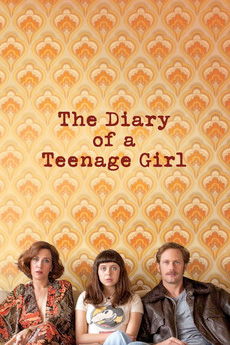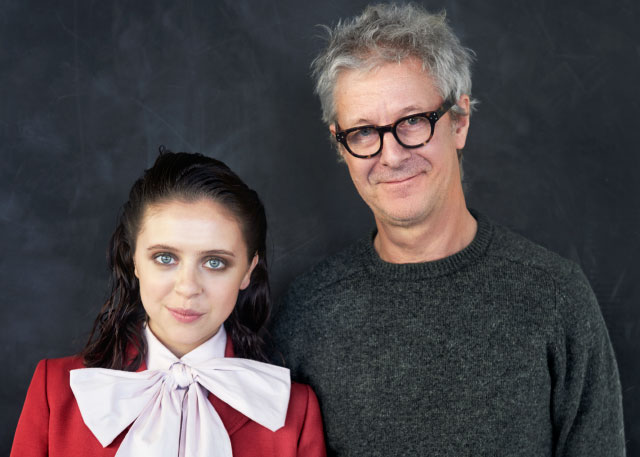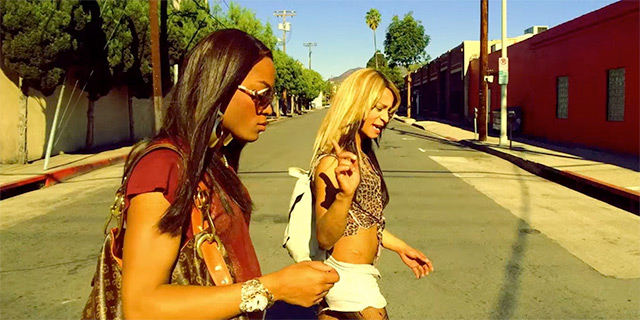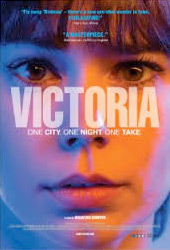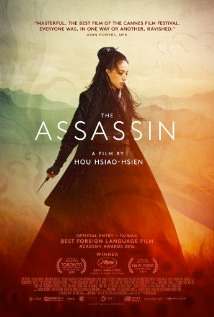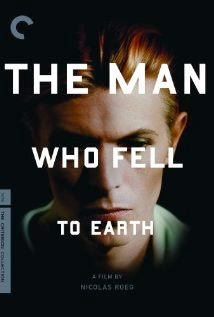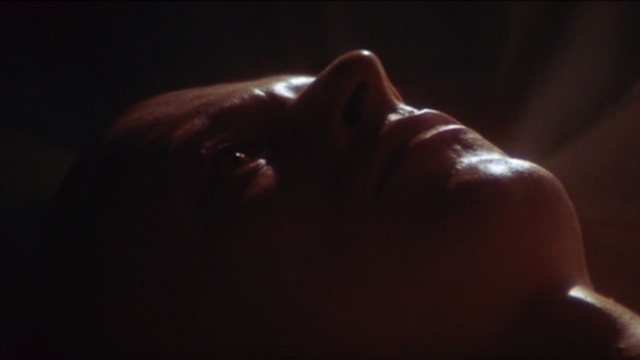
This week saw the triumphant return of Yorgos Lanthimos (Dogtooth, Alps) to the MovieNight screen, with his first English language film, The Lobster. Apparently Lanthimos is quite comfortable (ironic choice of words) not working in his native Greek.
After having watched The Lobster four times, I have yet to find anything to be disappointed about (not that that was my objective!). I may not watch it again, but who knows? One thing I have noticed, however, is an apparent division of consensus along gender lines, particularly among American viewers. The ladies like it a bit less. Hmmm…
Resident writer and MovieNight supporter, Chris Norris, had this to say after considering The Lobster. (SPOILER ALERT!)
It’s clear Yorgos’ abiding interest is social coercion in various forms, both micro- and macro-fascism. The Lobster brings this into the realm of sexual coupling, using an Absurdist setting to examine rules that operate covertly in the real world. But the core struggle that animates all the events is for agency and freedom of thought. We see the internalization of an authority that insists people not want what they want or be who they are (at penalty of being transformed into an animal.) The characters are coerced into both statements of love and professions of inhumanity (“I hope that woman dies a long, painful death.”). Their society’s anti-eugenics program mandates coupling over shared infirmities not complementary differences, and its will is enforced through brutality. The Hotel’s hilarious stage presentations are comic versions of a Maoist reeducation camp. The use of propagandistic simplicity to illustrate why couples are better than loners presumes an audience that thinks otherwise, and must be coerced into even wanting partnership.
That’s why Lea Seydoux’s character is so fascinatingly fucked up and crucial. At first, acting through her agent the maid, she seems some a rebel outlaw savior. But once we’re there in her alternative world we find out isn’t at the least bit progressive, just reactive with a symmetric fascism. Instead of mandating coupling they forbid it, impose just as inhuman conditions with just as brutal enforcement. It’s like any ideological crypto-fascist group formed to fight a tyrannical state (Shining Path, Red Brigade, Khmer Rouge, the Tea Party). So far, pretty straightforward Orwell.
But this makes that moment of truth at the end, where Colin Farrell looks at himself in the mirror, so profound. We’ve been led to see this moment as a test of his love. We know he fell in love with Rachel Weisz against orders and social coercion so we assume their love is true and worth sacrificing everything. But even as an outcast, she’s still operates on bad programming. She doesn’t want him to kiss her because they no longer share compatible ailments; despite her outlaw status she reverts to her internalized mainstream’s ludicrous rules for love.
So that final scene isn’t a test of Farrell’s love so much as a test of his own agency. When he hesitates at sticking a steak knife into his own eye, the “romantic” part of us wants him to do it, just as we fear for poor, sweet, beautiful Rachel Weisz alone in her booth. But the part of us that cares about Farrell’s character may see what he sees in the mirror: the sheer depravity of the act he’s contemplating. Right up until then, he doesn’t question the self-obliterating rules for coupling and doesn’t even imagine some third option besides self-blindness (though it seems like they teased at that possibility when he asked for her blood type, as if for organ donation). So the metaphoric significance of blindness isn’t love (like “love is blind” or whatever.) Blindness is a willful delusion, a conscious rejection of reason and thought. I think the stark imagery is to make us sense the fundamental intolerability of such an act.
So, how much has Farrell’s character evolved by the end? Will he cripple himself so he can be one of the blind leading the blind? A couple weaker for being together? Or will he preserve his own vision, sanity, and selfhood, and opt out… whether to ditch Rachel there at the booth, or to truly toss off the blinders, grab her, and seek a third path together.
You can read more of Chris’s published observations and musings on his author’s site, bychrisnorris.com
More about this film on IMDb 

